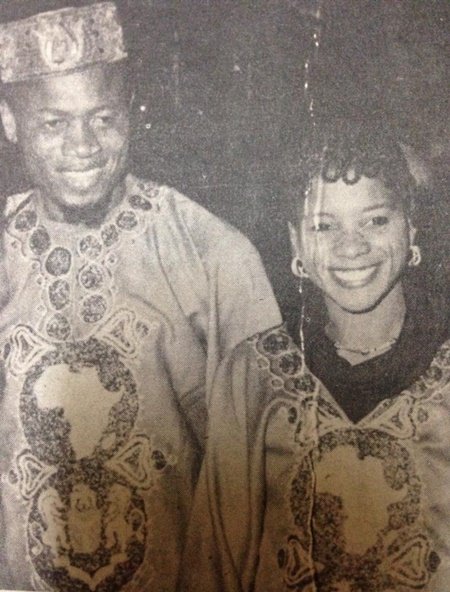
UNBELIEVABLE! The Tribe In Nigeria That Still Walk Naked and Why
Koma people are indigenous hill-dwelling people occupying the Alantika Mountains
| Kaduna bola Ahmed Tinubu abike west arewa north gumi chew #NigeriaFloods #nsppd #optimusmars |


Koma people are indigenous hill-dwelling people occupying the Alantika Mountains
| Kaduna bola Ahmed Tinubu abike west arewa north gumi chew #NigeriaFloods #nsppd #optimusmars |



in northern Adamawa State in Nigeria and in Northern Cameroon at the southwestern side (Faro National Park ) of the border with at Adamawa State.
The Koma people have been hiding in their mountainous habitat for eons but their existence was officially discovered in 1986 by a
The Koma people have been hiding in their mountainous habitat for eons but their existence was officially discovered in 1986 by a
corps member. In Nigeria where when the Koma tribe was discovered the people described them as primitive, naked people, backward people, and pagans.
They were discovered in 1986 by a corps member in the then-Gongola State of Northern Nigeria, a Nigerian newspaper.
They were discovered in 1986 by a corps member in the then-Gongola State of Northern Nigeria, a Nigerian newspaper.
The Spectator reported in July 2010. They were officially recognized as Nigerians in 1961 and now have 17 villages on the Nigerian side.
Years later, the people of Koma have managed to exist outside of modern civilization. Hidden away in these hills, they move around freely
Years later, the people of Koma have managed to exist outside of modern civilization. Hidden away in these hills, they move around freely
naked or near-naked in leaves and loincloths. They cook with fire made with flint.
The majority of the Koma hill-dwellers depend on farming, hunting, and gathering forest products like bananas, locust beans, and canarium used for body lubrication.
The majority of the Koma hill-dwellers depend on farming, hunting, and gathering forest products like bananas, locust beans, and canarium used for body lubrication.
They buy farming implements and scarce items of clothing used by men on ceremonial occasions from the Fulani, Bata, Chamba, and other tribes in the lowlands.
Once boys and girls turn about 14 and 17, both sexes undergo puberty rituals ( circumcision for boys and
Once boys and girls turn about 14 and 17, both sexes undergo puberty rituals ( circumcision for boys and
extraction of two of the incisors for girls).
They are then free to interact before making their conjugal intentions known to their parents with reciprocal token gifts, a farm, or garden plot works. If permitted, the man pays the bride price with goats,
They are then free to interact before making their conjugal intentions known to their parents with reciprocal token gifts, a farm, or garden plot works. If permitted, the man pays the bride price with goats,
chickens, and some token cash of about two Naira.
The Koma people believe in a supreme being called Zum or Nu. Reportedly, some International NGOs are working with the communities to help preserve the Koma culture and promote tourism.
Follow @DeboAgain and Retweet ♥️
The Koma people believe in a supreme being called Zum or Nu. Reportedly, some International NGOs are working with the communities to help preserve the Koma culture and promote tourism.
Follow @DeboAgain and Retweet ♥️
Watch Video of Koma People now:
Subscribe to my YouTube channel
Subscribe to my YouTube channel
• • •
Missing some Tweet in this thread? You can try to
force a refresh














